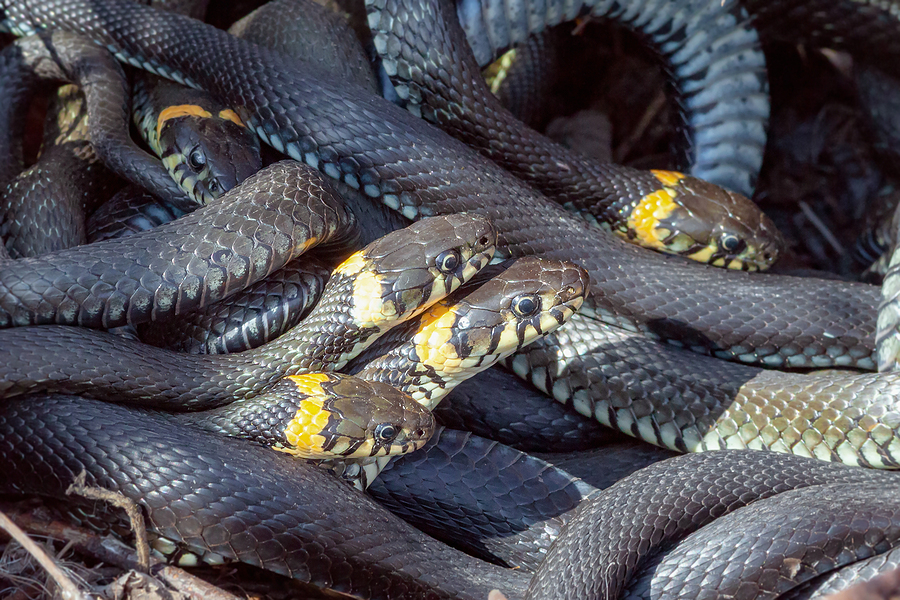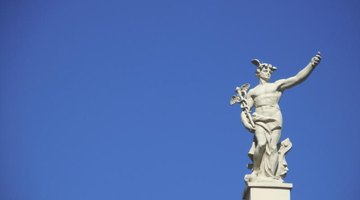
Take the snakes away!
The reading for the September 14th celebration of the Triumph of the Cross takes us back to the nation of Israel’s escape from 400 years of slavery in Egypt to a forty-year desert journey.
Complaining.
Again. Not noticing the fact that their clothes and sandals are not wearing out. Or remembering how they walked through the sea with walls of water on each side. Or that water appears out of a rock when needed by them and their livestock.
More and more, these readings about the ancient Israelites are like looking into a mirror which reveals my image and that of almost everyone around me.
The priest celebrating that daily mass was Fr. John Farao. His first comment when he began his homily was, “Take the snakes away!” Delivered in his characteristically quiet, hushed manner of speaking, he amplified my conviction that we are not reading about ancient people, strangers from across the world.
Or about people who are alien both because of the millenia separating us and the vast difference between our cultures.
No, we are hearing about humanity today. Us.
With their patience worn out by the journey,
the people complained against God and Moses,
“Why have you brought us up from Egypt to die in this desert,
where there is no food or water?
We are disgusted with this wretched food!”In punishment the LORD sent among the people saraph serpents,
which bit the people so that many of them died.
Then the people came to Moses and said,
“We have sinned in complaining against the LORD and you.
Pray the LORD to take the serpents from us.”
So Moses prayed for the people, and the LORD said to Moses,
“Make a saraph and mount it on a pole,
and if any who have been bitten look at it, they will live.”
Moses accordingly made a bronze serpent and mounted it on a pole,
and whenever anyone who had been bitten by a serpent
looked at the bronze serpent, he lived.
What is it about snakes?
A chapter in my latest novel, The Reluctant Queen- The Story of Esther, features a hideously lethal viper that nearly bites and kills Esther’s mother-in-law Queen Atossa. After the danger is over, Esther ponders the body of the dead serpent. She offers one explanation of our intrinsic abhorrence of snakes.
“I had caught up by then, and we stood looking at the strange reptile. Its tail was indeed bulbed with long drooping scales, and its head was covered with thick plates between the horns. As I stared at the hideous thing, I could think only of the serpent in Eden, relegated to crawling on its belly for the rest of time in punishment for the lies told to our first parents, Adam and Eve. God’s creature must have been dazzling to attract and persuade Eve to disobey. And what catastrophic consequences for all of His creatures, even you.“
In discussing that reading of the Israelites’ punishment by the seraph serpents , Fr. John’s next remark was, “The Lord didn’t take away the snakes.”
Instead, God instructed Moses to mount a seraph on a pole, promising that if anyone bitten by a serpent looked at the bronze serpent, he would live. If we think for more than a moment about the response of the Israelis, we’ll recall that many died from the serpent bites.
Why?
They were too stiff-necked to look up at the bronze seraph and live.
Reflecting on Fr. John’s words, I think of the countless times that I pray, “Take the snakes away!” Not in those words but because even I, a die-hard avoider of TV news, see the velocity of our devolution increasing exponentially. Or cannot close my eyes to the suffering of neighbors near and far away. The list is endless.
I get weary, impatient,
And frightened.
Looked at a caduseus lately?
The ancient image often accompanying the Hippocratic is either a single snake curling around a stake or two serpents coiled about a staff with wings. Like this one below.

The correlation between serpents and healing, is an ancient and integrated with many traditions. How can we recall the nation and people first chosen by the Lord’s constant grousing without identifying with them-hearing our own voices?
“Why have you brought us up from Egypt to die in this desert,
where there is no food or water?
We are disgusted with this wretched food!”
Our complaints, murmuring, and ingratitude?
‘Why was that tiny nation chosen?” Fr. John asks rhetorically. “What was their obligation?”
To do what?
Demonstrate to the rest of the world how good and gracious is the One God by bending our necks and knees in prayer and awe at He who created the world. And who stooped to become man.
Even- perhaps especially- when we’re worn-out and impatient from our long journeys.




Boy, how I needed to hear this today. Thank you Lin.
Hey Mary-
Thanks for your message and have a blessed Sunday!!